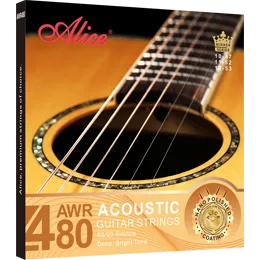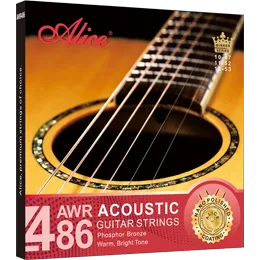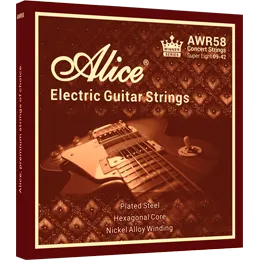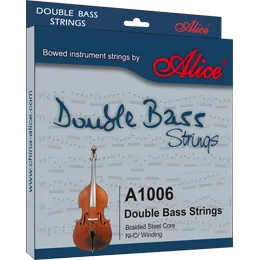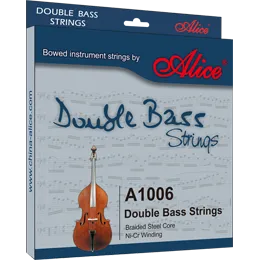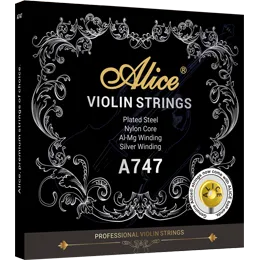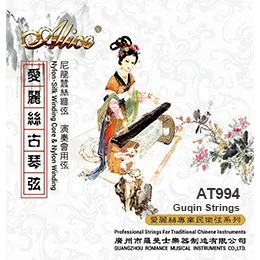From Factory to Store: Guitar String Supply Chain Trends
In the world of music, guitar strings may seem like simple components, but behind each pack lies a complex and evolving supply chain. As musicians become more conscious of quality, sustainability, and ethical sourcing, guitar string manufacturers and distributors are responding with greater transparency and innovation. From raw material procurement to retail presentation, the journey of guitar strings is becoming more traceable than ever. Here are five emerging trends that are shaping a more transparent and responsible guitar string supply chain—from the factory floor to your local music store.
1. Material Sourcing Transparency
Musicians and consumers alike are paying closer attention to what goes into their instruments. In response, guitar string manufacturers are beginning to disclose more about the origins of their materials—such as nickel, stainless steel, bronze, or nylon. Ethical sourcing of metals, including commitments to avoid conflict minerals and environmental damage, has become a priority for responsible brands.
This transparency is not just about compliance—it’s about trust. Brands are increasingly offering details about their sourcing partnerships, how metals are refined, and what quality standards are enforced. Some even go further, using third-party audits or certifications to ensure environmentally sound and ethically responsible extraction of raw materials.
2. Smart Manufacturing with Traceability
Modern guitar string production no longer relies solely on manual craftsmanship. Advanced machinery and automation are now integrated with digital tracking systems. Each batch of strings can be monitored from raw wire drawing to winding and coating, ensuring consistency and quality.
This digital integration enables traceability—manufacturers can trace back any production issue to a specific batch, operator, or machine. QR codes and batch numbers on packaging are increasingly used to help retailers and end-users verify production details, enhancing accountability and making recalls or quality inquiries more efficient.
3. Eco-Friendly Packaging and Distribution
The shift towards sustainability is influencing every aspect of the supply chain, including how strings are packaged and transported. Eco-conscious brands are reducing plastic use, adopting recyclable or biodegradable materials, and minimizing excessive packaging.
Moreover, logistics partners are being chosen based on their carbon footprints. Some brands now offer carbon-neutral shipping options or consolidate shipments to reduce environmental impact. This transparency in distribution reflects a broader commitment to sustainability that aligns with growing consumer expectations.
4. Retail-Level Supply Chain Integration
The days when a distributor simply dropped off strings at a store are fading. Retailers now expect and receive real-time updates on inventory, product movement, and even customer preferences, thanks to integrated supply chain management platforms.
With these tools, music stores can ensure they carry fresh, in-demand products and quickly identify and remove slow-moving stock. Manufacturers benefit from this visibility by adapting production cycles based on actual market data, reducing waste and optimizing delivery times. This level of integration ensures smoother operations and more responsive customer service at the retail level.
5. Brand-Consumer Engagement Through Digital Transparency
Consumers no longer settle for vague claims about quality. Instead, they want evidence—videos of production, behind-the-scenes stories, interviews with craftspeople, and details about factory conditions. Guitar string companies are embracing this demand for transparency by producing documentary-style content, publishing blogs, and engaging on social media to show exactly how their strings are made.
Some brands even provide interactive digital experiences where buyers can scan a code on the packaging to access product specifications, care tips, and the history of the string line. This connection between the brand and the end-user builds loyalty and reinforces the integrity of the supply chain.
Conclusion: The Future Is Transparent
As global markets evolve and musicians become more discerning, the demand for a transparent, ethical, and efficient guitar string supply chain is here to stay. From better raw material sourcing and smart manufacturing to sustainable packaging and digital engagement, each trend brings us closer to a future where consumers can make informed choices with confidence.
About Alice Strings
Established with a passion for music and precision craftsmanship, Alice Strings has become a trusted name in the world of stringed instruments. With a commitment to quality, innovation, and transparency, Alice offers a wide range of string products, including classical guitar strings, acoustic guitar strings, electric guitar strings, and ukulele strings.
Every Alice string is produced in state-of-the-art facilities that integrate modern manufacturing technology with rigorous quality control. From material selection to final inspection, Alice ensures that every product meets the expectations of both amateur players and professional musicians worldwide.
With decades of experience and a forward-looking vision, Alice continues to be a reliable partner in the global music community—making high-quality strings accessible to everyone, from factory to music store and beyond.





